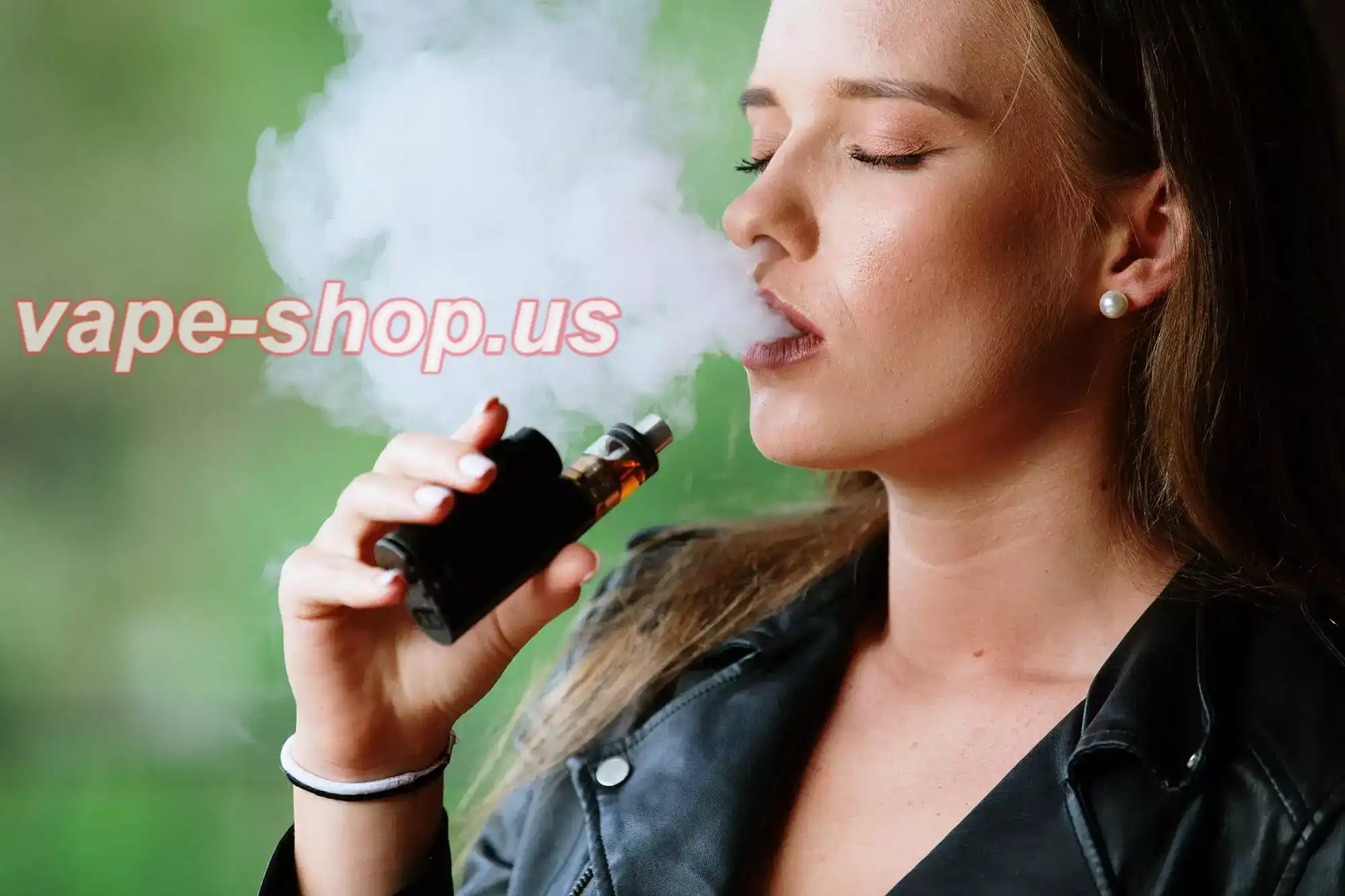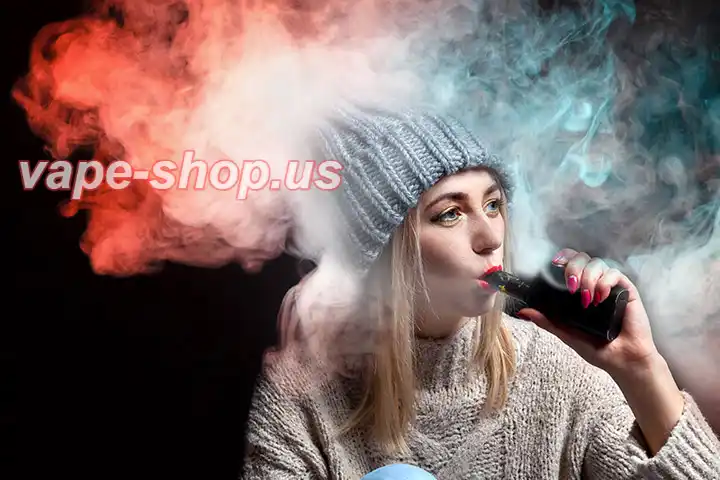Brazil Proposes Criminalizing Vape Sales, While Bulgaria Fully Bans Vapes
Brazil's Proposal to Criminalize Vape Sales, Imports, and Advertising: A Close Look at the Legislation
In recent news, Brazil’s Chamber of Deputies is reviewing a bill that could have significant repercussions for the country’s vape market. As reported by Só Notícias, the proposal seeks to criminalize the sale, import, and advertising of electronic cigarettes (vapes), pushing forward with harsher penalties for violations. This legislative move has stirred controversy and concern within both the vaping community and the broader public health sector.
The bill was introduced by Gisela Simona, a deputy from the state of Mato Grosso, and is designed to regulate the growing influence of vapes in Brazil. The proposal calls for imprisonment of two to four years and hefty fines for anyone caught selling or importing vapes, or promoting these products through advertising, without first obtaining approval and registration from Brazil’s National Health Surveillance Agency (ANVISA). The law would extend to vape accessories and replacement pods, further tightening the grip on the industry.
What makes this bill even more severe is that it also targets individuals who sell vapes to minors, increasing the prison sentence to between four and eight years, along with larger fines. This would likely send a strong message to retailers and marketers, signaling that Brazil is committed to preventing young people from accessing vaping products.
For vape products to be approved in Brazil, they must undergo a rigorous approval process by ANVISA. Only products that have been proven, through toxicological studies and specific scientific testing, to be safe for both health and the environment would receive registration. This stipulation aims to ensure that all vaping products sold in the country meet high health and safety standards before they can enter the market.
Gisela Simona, the bill’s sponsor, has argued that while ANVISA already banned the sale of vapes in Brazil, enforcement and regulation of this ban have been insufficient. Despite these regulatory measures, vape products continue to be widely available in the country. Simona’s bill represents a more stringent approach to regulating these products, calling for stronger action to eliminate unregulated and potentially harmful products from circulation.
The proposal is currently under review alongside another similar bill, both of which need to pass a vote in Brazil’s Constitutional and Justice Committee before moving forward to a full plenary session for further debate and final approval.
The Global Shift: Bulgaria's Total Ban on Vapes and Related Products
Brazil’s stance is not unique, as countries around the world are tightening their grip on vaping products. Bulgaria is one such country taking decisive action to combat the spread of vapes. According to Epicenter, a proposal put forward by Kostadin Angelov, a member of Bulgaria's GERB-SDS parliamentary group, has passed the Economic Committee of Bulgaria’s parliament. This proposal seeks to amend Bulgaria’s Tobacco and Related Products Act to impose a complete ban on the supply, sale, distribution, and advertising of vapes and related products.
The bill doesn’t just target products that contain nicotine; it also seeks to regulate and prohibit the sale of nicotine-free vapes and similar products. The proposal extends its scope to include other items like nicotine pouches, snuff, chewing gum, and even energy drinks that could be deemed harmful, particularly to children. The bill also amends the Child Protection Act to ensure that such products are not sold or distributed to minors.
Kostadin Angelov, the bill’s sponsor, has argued that this legislation is necessary to curb the growing popularity of vapes and to safeguard public health. By implementing a ban on these products, he believes that Bulgaria can send a clear message about its commitment to protecting its youth from the potential harms of nicotine addiction and related health issues.
Angelov has urged parliamentarians to support the bill, stressing that it is a critical step in safeguarding the future of the nation’s youth. He also noted that Bulgaria would join several other European countries in implementing similar regulations to tackle the vaping trend, which has raised concerns about its impact on public health.
South Dakota Takes Action: Stricter Vape Sales Regulations
In the United States, South Dakota is also stepping up its efforts to regulate the vape industry. A bill aimed at controlling the sale and distribution of vapes in the state has been approved by the House Health and Human Services Committee with a vote of 7 to 5. The bill, House Bill 1069, was introduced to ensure that vape products are being sold in accordance with state regulations and that only certified products reach consumers.
Under the provisions of the bill, any vape distributor in South Dakota must obtain certification from the manufacturer of the vape products they are selling. Additionally, individuals who wish to sell vapes must register with the state’s Department of Revenue. If a business owner operates multiple retail locations, each location must be registered separately.
Products that fail to meet certification standards would be deemed illegal and would need to be properly disposed of. Retailers who continue to sell non-compliant products would face criminal penalties, including a Class 2 misdemeanor charge. Representative Brian Mulder, who sponsored the bill, emphasized that the primary goal of the legislation is to clean up the vape industry by removing illegal products and ensuring consumer safety.
However, the bill has faced opposition from certain groups, including the South Dakota Retailers for Better Alternatives, which has voiced concerns that the bill would place unconstitutional restrictions on businesses and negatively affect small enterprises. Jordan Mason, a spokesperson for the organization, argued that the bill would create significant hurdles for small businesses, potentially pushing them out of the market. Furthermore, Mason suggested that the legislation could end up benefiting large tobacco companies at the expense of smaller, independent retailers.
Michigan Recalls Marijuana Vapes Due to Harmful Ingredients
On the other side of the Atlantic, Michigan’s cannabis industry is also grappling with safety concerns related to vape products. As reported by the Detroit Free Press, the Michigan Marijuana Regulatory Agency has issued a voluntary recall for several cannabis-infused vape products due to the presence of potentially harmful ingredients.
The products in question are Blomm vapes, which were manufactured by Exhale Systems Inc. in Detroit. The recall was prompted after it was discovered that the products contained medium-chain triglyceride (MCT) oil, an ingredient that can pose significant health risks when inhaled. MCT oil has been linked to respiratory issues, and its presence in vaping products has raised serious concerns about the safety of inhaling such substances.
This recall highlights the importance of rigorous testing and regulation in the vaping industry, especially for products that contain cannabis or other additives. It also underscores the growing scrutiny on vape safety in the United States, as more states take action to regulate these products and protect consumers from potentially harmful ingredients.
Looking to the Future: The Evolving Vaping Landscape
As global regulations continue to evolve, the future of the vaping industry remains uncertain. Countries like Brazil and Bulgaria are tightening their restrictions on vapes, while states like South Dakota are working to implement more robust regulatory frameworks to ensure that only safe and compliant products are sold.
The impact of these regulations will be far-reaching, not only for manufacturers but also for consumers. As governments and regulatory bodies take action to protect public health, particularly youth, the industry must adapt to stay compliant.
For those who enjoy vaping and are looking for a reliable, high-quality product, it’s important to stay informed about these regulatory changes and choose products that meet the highest safety standards. Raz DC25000 is a great example of a top-tier product that meets these standards, offering a premium vaping experience with a variety of delicious flavors to suit any palate.
Additionally, the Lost Mary Vape collection offers a diverse range of vapes for those who are looking for something unique. Whether you’re a seasoned vaper or a newcomer to the scene, Lost Mary delivers quality and performance, ensuring a satisfying experience every time.
Moreover, staying updated on the latest industry trends and regulatory updates is crucial. For those interested in exploring the evolving vaping landscape, the Vaping Landscape blog provides a comprehensive guide to the latest changes in global vaping laws and trends. Staying informed helps vapers and business owners alike navigate these changes and continue to enjoy vaping products safely and legally.
In addition to these benefits, it’s worth noting that vapes have been lauded for their potential to offer a safer alternative to traditional smoking. Unlike combustible cigarettes, vapes don’t produce tar or harmful chemicals that contribute to serious health conditions like lung cancer or heart disease. Many smokers have successfully used vapes as a way to quit smoking, with studies showing that vaping can significantly reduce exposure to harmful substances.
While concerns about the long-term effects of vaping remain, many in the public health community acknowledge that vapes may be a less harmful option compared to traditional cigarettes. This has led to a growing acceptance of vaping in certain regions, although it remains a contentious issue in others.
The Global Impact of Vape Regulations
As more countries and states take action to regulate vapes, it’s clear that vaping laws are evolving rapidly. Whether these regulations will have the intended effect of reducing smoking rates or protecting public health remains to be seen. However, one thing is certain: the vaping industry is in for a challenging but potentially transformative period. For those looking to stay ahead of the curve and enjoy high-quality products, the Hong Kong vaping ban offers a glimpse into the future of global vaping regulations.
As governments continue to regulate the vape industry, staying informed about these changes will be crucial for consumers, businesses, and regulators alike.


Vape Reviews